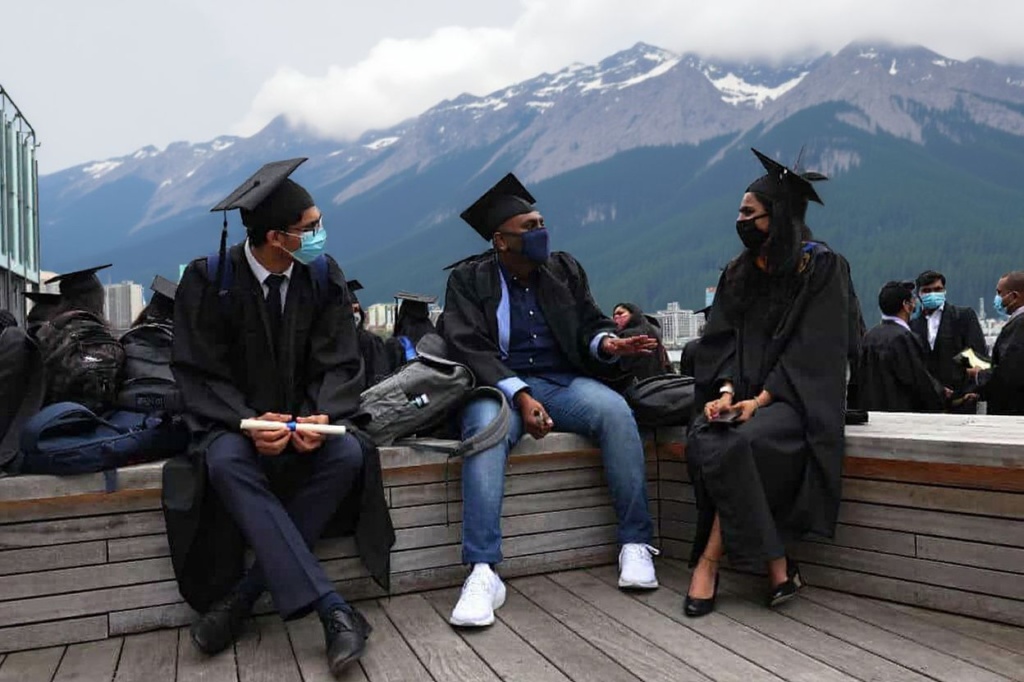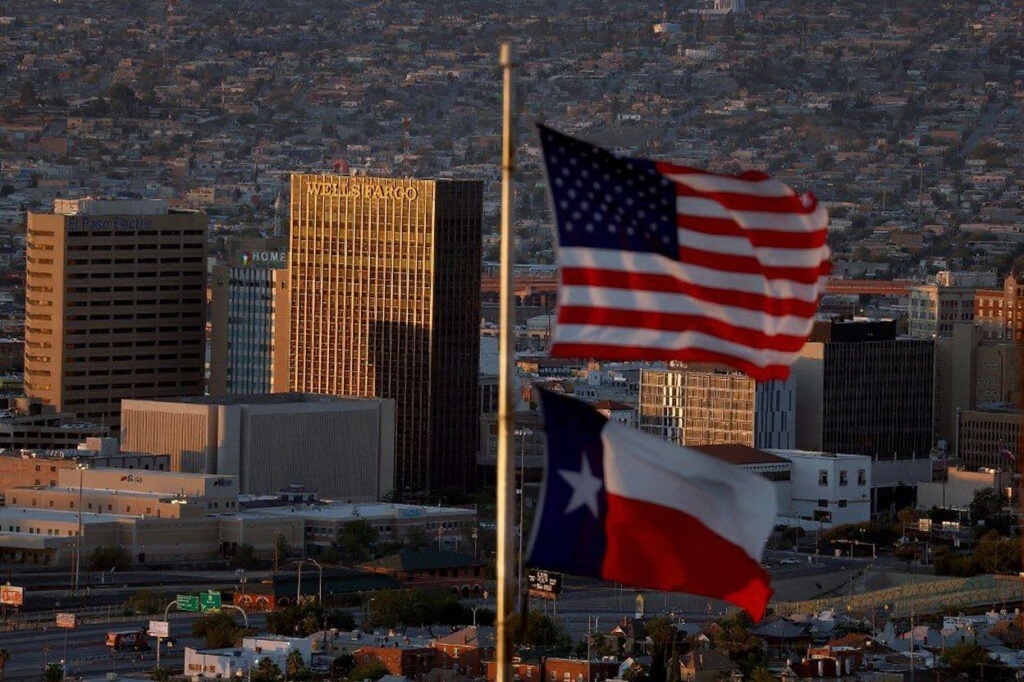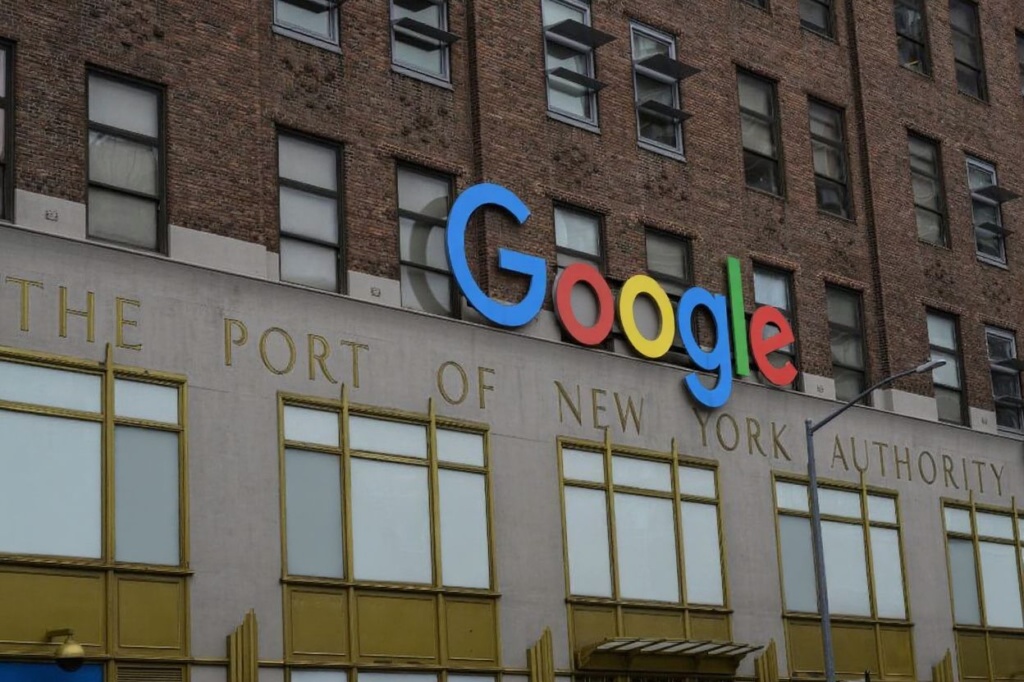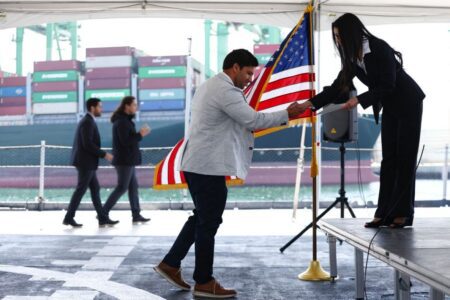
Under the Trump administration, the H-1B visa has been going through a lot of changes.
On Sept. 19, 2025, the administration’s announcement of a new US$100,000 fee for H-1B visa applications surprised many prospective professionals who were looking to work in the US. This is a massive increase from the previous fees, which ranged from US$2,000 to US$3,000.
This may be a cause of disappointment for many international graduates, as getting an H-1B visa sponsorship is often a dream come true. The highly coveted work visa allows non-US residents to stay and work in the country for up to six years.
Even before the new fee was announced, convincing an employer to sponsor your H-1B visa, however, can be a difficult task. What’s more, the US has a lottery system for its H-1B with a mandated cap of 65,000.
Twenty thousand are reserved for foreign professionals who graduate with a master’s degree or doctorate from a US institution of higher learning.
So, why is the H-1B work visa such a big deal for international students?
 The H-1B visa allows international graduates to stay and work in the US for up to six years.
The H-1B visa allows international graduates to stay and work in the US for up to six years.
What is an H-1B visa?
The H-1B visa is commonly referred to as the US’s staple work visa. Once you get this work visa, it is valid for three years with the possibility of another three-year extension.
That adds up to six years.
You would need to graduate with a minimum bachelor’s degree in the same or related field of the job scope.
H-1B speciality occupations include fields such as architecture, engineering, mathematics, physical sciences, social sciences, medicine and health, education, business, and more.
Do note that you cannot apply for this visa yourself — your employer will file it for you using an online system.
If you need help understanding the H-1B lottery system, here’s a handy guide.
For those who are interested in looking at U.S. Citizenship and Immigration Services (USCIS), you can download their 2024 annual report on H-1B visas here.
The report details that in 2024, USCIS received 427,084 H-1B petitions. This is an increase in filings of about 10% compared to FY 2023. They approved 399,395 of those petitions. 71% were for beneficiaries from India.
64% of beneficiaries were in computer-related occupations.
 An H-1B visa is a pathway to permanent residency in the US.
An H-1B visa is a pathway to permanent residency in the US.
Why is it important to secure an H-1B visa sponsorship?
Securing your H-1B visa means that you’re one step closer to permanent residency.
Once your H-1B visa reaches its maximum six-year limit, you can renew your H-1B status or directly appeal for a US green card.
With this, you can lawfully work and live in the US without needing an employer to sponsor you.
Your work won’t be limited to a specific field since you are no longer on the H-1B pathway — which gives you more freedom to seek jobs.
The green card also gives you a direct pathway into US citizenship after five years of permanent residency.
 Google is one of the companies that sponsor the most H-1B visas.
Google is one of the companies that sponsor the most H-1B visas.
How do you find an H-1B visa sponsorship?
1. Apply to companies who are sponsoring H-1B visa
By knowing where to look, you have won half the battle. Start by researching companies who are already sponsoring H-1B visas in the past few years.
A good practice is to use a good database. Some popular platforms include the H1B Visa Salary Database, MyVisaJobs and Visadoor.
You can also refer to the H-1B Employer Data Hub on USCIS’s website.
According to reports, tech companies are among the US companies that sponsor the most H-1B visas. Some companies include:
- Intel
- Amazon
- Microsoft
- Infosys
- Tata Consultancy Services
- Cognizant
- Capgemini
- HCL America
- IBM
We recommend that you tell the company that you need the H-1B visa sponsorship once you’ve secured a job offer. This gives them time to file your application.
2. Intern at a company
Are you already in the US on a student visa, such as the F-1? Try to find an internship or a co-op at a company that can sponsor an H-1B visa.
Again, remember to do your research and use the proper database to look for the right company.
Meanwhile, attend job fairs and career events to build your network. Your next opportunity might just be around the corner.
3. Find a job at uni
Consider this option if you like to work at an academic or research institution.
The best part about this option is that universities and nonprofits (or government) research organisations are exempt from the H-1B visa cap, according to UC Berkeley International Office.
This means they can sponsor as many H-1Bs as they wish.
Here’s the catch: you won’t be able to transfer this visa to work for a US company if you get an H-1B visa by working at a uni in the US.
Other than this downside, however, this is an option you can consider to extend your stay in the country.
So, what’s happening with H-1B visas?
On Sept. 19, 2025, President Donald J. Trump signed a Proclamation entitled “Restriction on Entry of Certain Nonimmigrant Workers.”
The proclamation stated that any new H-1B petitions requires a US$100,000 payment. It applies to any new petitions submitted after 12:01 a.m. eastern daylight time on Sept. 21, 2025.
The proclamation also stated that the Department of Labour will revise and raise the prevailing wage levels in order to upskill the H-1B programme and ensure that it is used to hire “only the best of the best temporary foreign workers.”
USCIS reported that further reforms are under consideration and will be announced in the coming months.
Frequently Asked Questions
Do the changes affect F-1 to H-1B transitions?
As it’s still early days into the proclamation, this is still unclear and being debated by immigration lawyers. Some argue it only applies to new petitions from outside the US. However, some also believe it applies to all H-1B applications, including students under F-1 visa applying for a Change of Status.
Are there any exemptions?
It’s believed that the White House indicated that doctors may be exempt. Certain other professions might get exemptions, but details are still unclear at the time of writing.
What about H-1B extensions and renewals?
It does not change any payments or fees required to be submitted in connection with any H-1B renewals. The fee is a one-time fee on submission of a new H-1B petition.
What does this mean for companies?
The US$100,000 fee effectively makes H-1B sponsorship economically unfeasible for many employers. Companies will be much more selective about H-1B sponsorship as the cost burden is enormous.
What are some alternatives to the H-1B visa to work in the US?
Individuals with extraordinary ability can look into the O-1 visa, a temporary, non-immigrant work visa for foreign nationals who possess extraordinary ability in the fields of science, education, business, or athletics (O-1A), or have extraordinary achievement in the arts, motion picture, or television industry (O-1B).
There’s also the EB-1 green card, an employment-based immigrant visa for individuals with extraordinary ability, which offers a direct path to a US green card and permanent residency.
What’s next for H-1B prospects?
As of now, changes with the H-1B visa are still a rapidly evolving situation. Some immigration lawyers are already preparing lawsuits to challenge the proclamation. But legal challenges could take months or years to resolve.
For now, keep checking USCIS’s site for official updates and consult with qualified immigration attorneys. As students, you can also connect with your university’s international student services.
Who is exempt from the US$100,000 H-1B fee?
As of October 2025, the US Citizenship and Immigration Services has issued new guidance to provide clarification on the new H-1B visa fees.
The guidance states that companies can hire international students studying in the US or who have recently graduated without paying the visa fee.
International students already in the US on an F-1 visa are exempt from the new US$100,000 H-1B fee, provided their employer files a petition to change their status.
The fee applies only to new H-1B visa petitions filed for workers who are outside the US.
Disclaimer: This article was last updated on October 29, 2025.










